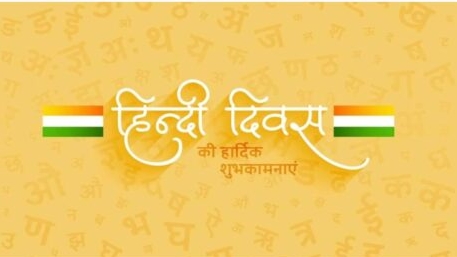India’s voice on Ukraine matters, pm Narendra Modi’s message to Putin important: Austrian FM
PM Narendra Modi had told Vladimir Putin that this was not the era of war, a comment that has drawn accolades around the western world

Austria’s foreign minister Alexander Schallenberg said India’s voice on Ukraine matters, Europe’s divergences with India on the war in Ukraine are “less large” than people believe, Prime Minister (PM) Narendra Modi’s clear message to Russian president Vladimir Putin on the war is “important”
Schallenberg added it is in Austria and Europe’s interest to put India more firmly on the political radar in the continent and vice versa.
The Austrian minister met Indian external affairs minister S Jaishankar on the sidelines of the United Nations General Assembly (UNGA) on Tuesday.
- Remembering Ratan Tata: A Visionary Leader and Compassionate Humanitarian
- National College Colors Day – September 2, 2024: history
- Bison-ten Yell Day – September 2, 2024: history, FAQs
- National Lazy Mom’s Day – September 6, 2024
- World Coconut Day – September 2, 2024: A Nutty Celebration!
In a conversation with HT, Schallenberg said, “This is the fourth time I am meeting minister Jaishankar since January. It shows how intensive our relations have become. It is important to exchange views. We are facing a situation which confronts all of us. While the war in Ukraine is being fought on European soil, it is not just a European war and we all feel the consequences.”
The Austrian FM said he had grown up in Delhi and felt a “high degree of personal sympathy” for India, but commonality of interests between the two countries spanned across domains, including on clean energy and green technologies.
“It is in Austria and Europe’s interest to put India firmly on the political map and vice versa”, he said.
When asked about the substance of the conversation with the EAM, Schallenberg said Ukraine dominated the talks.
“The main topic was the war in Ukraine and its consequences…Our divergences are less large than people believe. India’s voice is important on Ukraine. And Prime Minister Narendra Modi’s public message to Putin was heard and is important.”
PM Modi had told Putin that this was not the era of war, a comment that has drawn accolades around the western world.
To a question on whether the balance of power on the ground had shifted decisively in Ukraine’s favour — Ukraine has notched recent military successes — or Russia still retained the ability to launch counter-offensives, the minister said, “You can never predict. The picture in July was different. The picture now is different. But what is clear is that seven months after its invasion, Russia has not been capable of winning the upper hand. I believe the sanctions will have a full impact on the Russian economy. We deeply dislike the situation. We want close ties with Russia but can’t sit idly by if the rule of the jungle replaces the rule of law.”
At a time when Europe is gearing up for a harsh winter with energy shortages due to the war, the minister said that they were prepared.
“It is difficult. It is costly. But we are prepared. It is about mental resilience”, he said.
He ruled out a dip in support in Europe for Ukraine due to the expected suffering in the next few months and said they were not desperate.
“Even if we supporting Ukraine, inflation won’t go away. Energy problems won’t go away. There are no sanctions on food, fertiliser and energy — issues that concern you too. The real problem is the war itself.”
After the meeting, Jaishankar tweeted that it was “great” to meet his “dear friend”, the Austrian FM.
“Discussed expanding our cooperation in mobility and technology. Appreciate his insights on the Ukraine conflict and its consequences”, he added.
Austria is a key member of the European Union (EU) but it isn’t a part of the North Atlantic Treaty Organisation (NATO).
It had close ties with Moscow, and it values its “neutrality” but it has been deeply critical of the Russian invasion and supported Ukraine.



